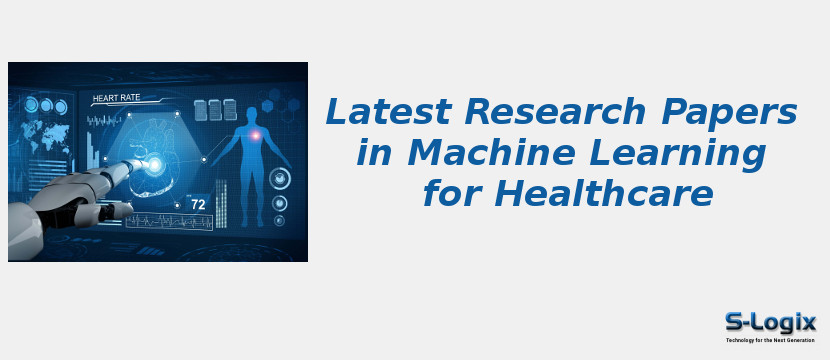Machine learning for healthcare is a rapidly growing research area focused on leveraging computational models to improve diagnosis, treatment, patient monitoring, and healthcare management. Research papers in this domain explore a variety of machine learning techniques including supervised learning (SVM, decision trees, random forests, logistic regression), unsupervised learning (clustering, dimensionality reduction), ensemble learning, and deep learning models (CNNs, RNNs, LSTMs, autoencoders, transformers) for applications such as disease prediction, medical image analysis, patient risk stratification, personalized treatment planning, and drug discovery. Key contributions include feature extraction from electronic health records (EHRs), medical images, and sensor data from IoMT devices, handling imbalanced and noisy datasets, and integrating multi-modal data for comprehensive healthcare analytics. Recent studies also address challenges such as privacy-preserving learning, interpretability (explainable AI), scalability for big data, and real-time decision support in clinical environments. By applying machine learning, research in healthcare aims to enhance patient outcomes, reduce costs, enable preventive care, and support intelligent, data-driven medical decision-making.
